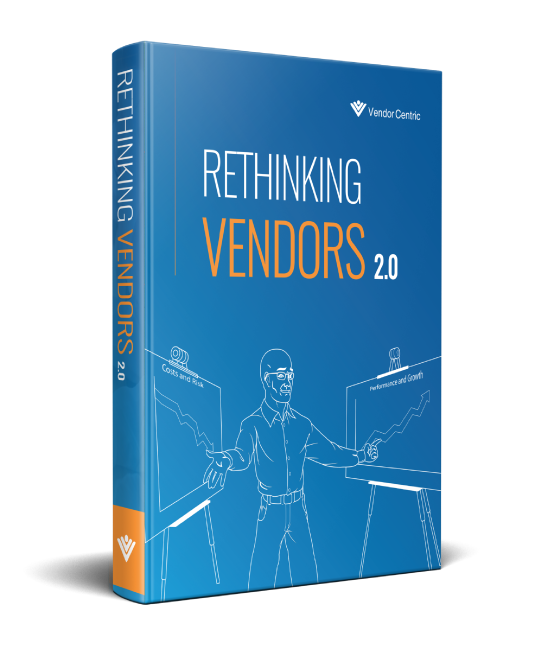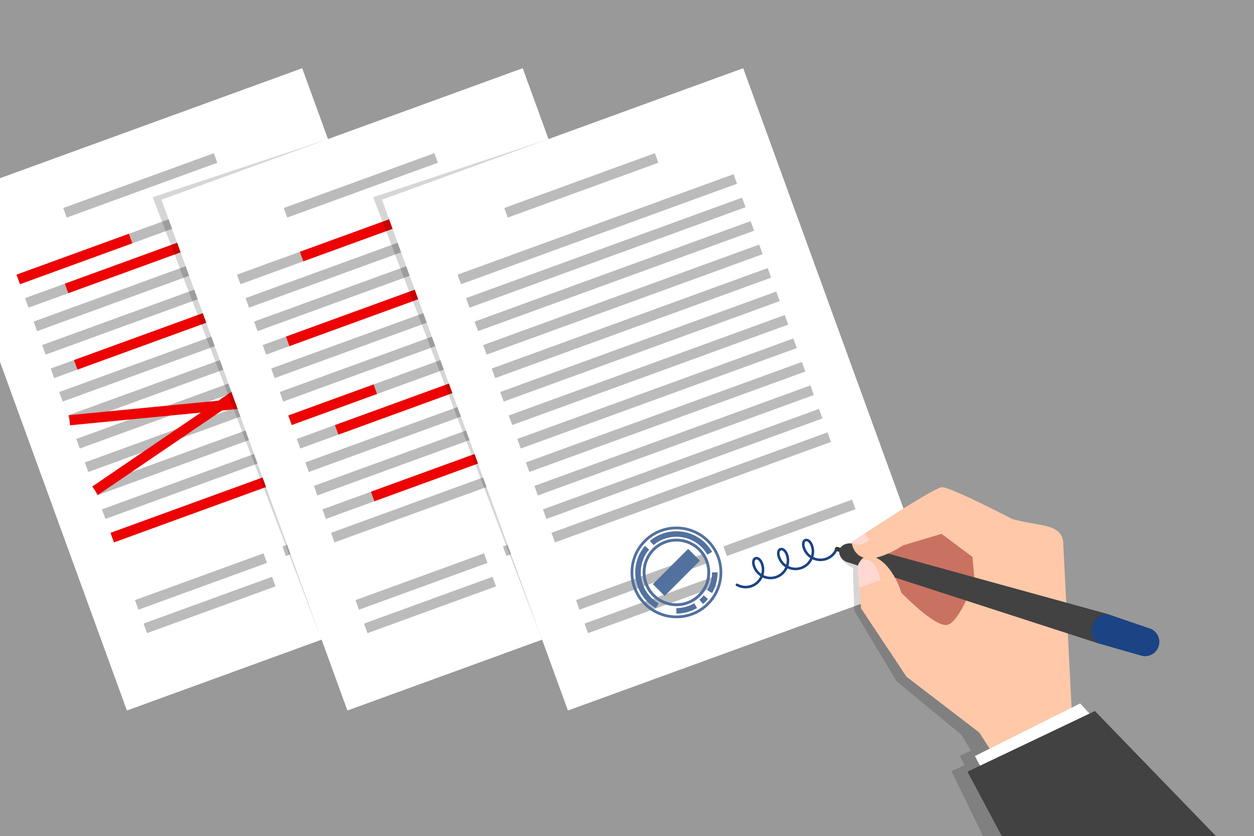When it comes to Vendor Due Diligence, it is important to understand the benefits to your organization. Before we explore these benefits, let’s start with a quick refresher of what it is and why it is such an important component of successful vendor management program.
Vendor Due Diligence (VDD) is a comprehensive process which includes:
- Identifying inherent risks
- Collecting information via due diligence questionnaires
- Evaluating the potential risks based on the vendor responses & analysis of supporting documentation
- Remediation of the identified risks to determine how you want to proceed with contracting and the services you will receive from the vendor
- Continue to monitor risks by implementing financial health & cyber risk monitoring tools to receive alerts based on any negative incident or trends that could lead to a change in the risk associated with a vendor.
You should complete due diligence in advance of executing a contract with any vendor and at a frequency aligned with your vendor risk management policies throughout your relationship with each vendor.
As we look at the benefits of consistently performing vendor due diligence, here are some of the most important:
- Vendor Due Diligence during procurement process ensures you can identify and mitigate the risks present with a vendor you want to do business with during the contracting process. You can remediate certain risks and require the vendor to take corrective action prior to executing a contract. For any remaining risk that you are willing to accept, you can include the required contract clauses to effectively balance the risk so the vendor maintains the appropriate accountability for the accepted risk.
- Vendor Due Diligence can uncover useful information which can enhance your negotiations with the vendor to receive improved pricing or related benefits to offset the risks you have uncovered.
- Vendor Due Diligence enables you to uncover any information required to ensure your regulatory compliance. If there are specific regulatory requirements, controls or standards you need to adhere to in your work with a vendor; The due diligence process is the way in which you can identify these requirements and hold the vendor accountable for their shared responsibilities under for regulatory compliance.
- Vendor Due diligence is the primary method you can use with a vendor to ensure the authenticity of their claims with you. It would be nice to live in a world where we could take every verbal claim at face value but if that were the case there would be no need for contracts or lawyers. With VDD process in place, you can eliminate the unnecessary risks that come from doing business without doing due diligence.
- Over the course of a relationship, it is possible that unfair and unethical practices could take place which result in a negative impact for your organization. Due diligence helps identify unforeseen possibilities and if all of the other steps are consistently carried out you will be able to proactively address and remediate the issues to mitigate or eliminate the risk.
In Conclusion
To summarize, there are a number of benefits of ensuring your vendor management program includes a risk-based approach to performing Vendor Due Diligence. As you look forward to 2021 and make plans to improve and strengthen your Vendor Management Program, making sure you have full transparency of the risk associated with your vendors and third parties is essential. Effective due diligence must include a remediation process to ensure any unacceptable findings in your due diligence are addressed and resolved in a timely manner.
Whether you need assistance in assessing your due diligence practices or want to explore having your due diligence process outsourced; Check out our services here. We are to help!!























